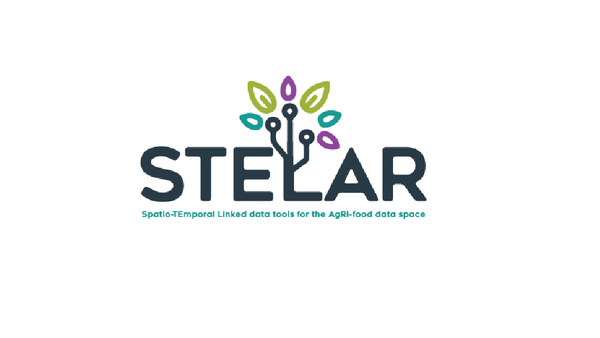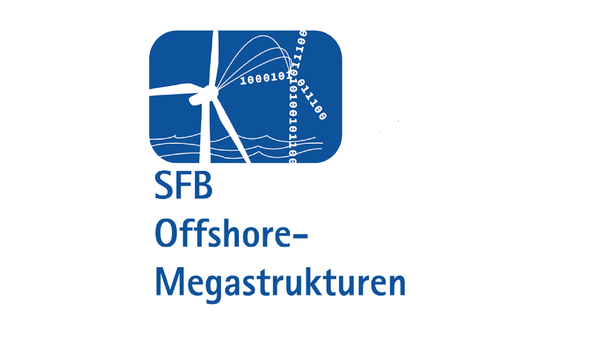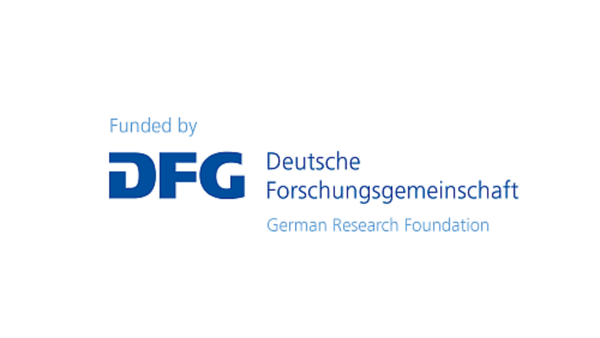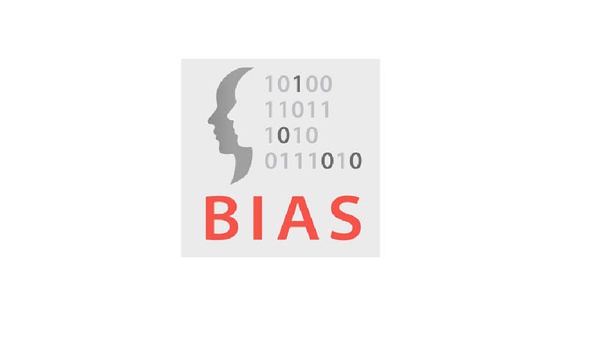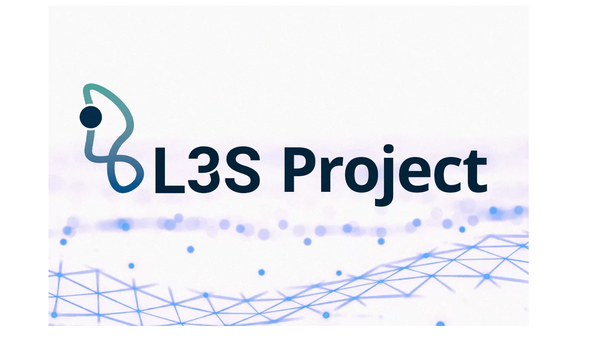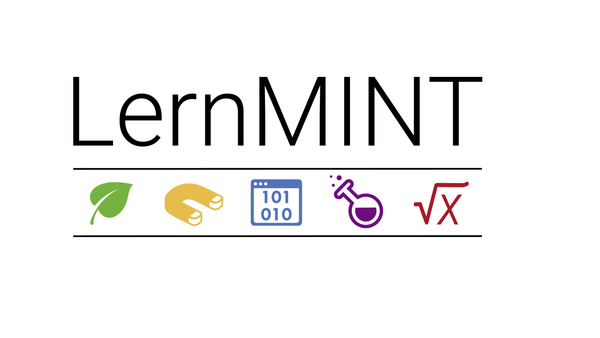Our group is dedicated to both basic and application-oriented research in the expansive field of artificial intelligence and machine learning.
We focus on adaptive learning methods, showcased in projects like Hephaestus, which explores industrial data from drilling machines in a production pipeline. KISWIND concentrates on detecting outliers in multiple sensor data from wind turbines, while OSCAR focuses on textual data streams, including those generated by social media. In addition, we are committed to responsible AI, demonstrated through projects such as MAMMoth, which addresses multidimensional discrimination in complex data, and projects NoBIAS and BIAS that delve into understanding bias sources and designing mitigation strategies in AI systems. Moreover, our research extends to exploring the creative potential of AI to enhance data quality, as seen in projects like STELAR, and to innovatively design new data and solutions, exemplified by projects such as SFB1463.
We apply our methods across various industries, including education, social networks, banking, agriculture, manufacturing, and engineering. Our research receives support from EU and national funding, including the DFG and the Volkswagen Foundation.

